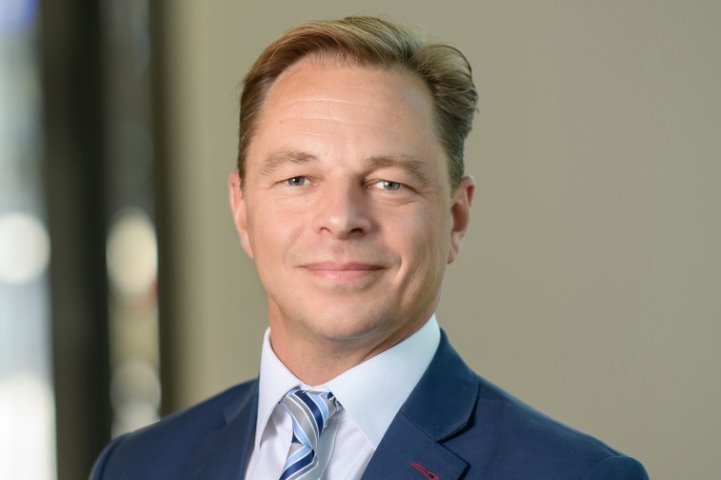
Bill Street
The chief investment officer of Quintet Private Bank has said he believes a second series of national lockdowns is highly unlikely, with the global economy looking towards a “stuttering” U-shaped recovery from the coronavirus-induced slowdown.
Speaking following the June release of Quintet’s mid-year “Counterpoint” outlook, CIO Bill Street projected that “demand scarring” from the pandemic would take six to nine months to fully heal – as people regained the confidence to resume their normal routines and spending.
“Even in our base case of a U-shaped recovery, no-one should be under any illusion that the journey upwards is going to be linear. The volatility in markets is still elevated – so expect quite a few jolts and stutters along the way. But we need to look through that noise for our investors.
“When you look at the huge fiscal stimulus, the speed at which it’s being applied, and the length at which it [will be] applied – if you’re looking at valuing risky assets it’s difficult not to be relatively positive on these.”
Mr Street said while the reproduction or ‘R’ rates of the virus naturally rose as economies reopened, the bar for a second wave of nationwide lockdowns was likely to be much higher.
“You see situations now where the ‘success story’ countries [in terms of reducing R-rates through social distancing] are having surges come through. But the hurdle to close back down is very, very high.
“Once you’ve opened up, to [lockdown again] there would have to be significant concern. It would also take a lack of foresight in terms of therapeutics, so there is a convergence of issues there.”
Mr Street said while Quintet – the group which owns the UK’s Brown Shipley – was broadly positive on equities, it was naturally looking towards companies and sectors likely to benefit from any societal change resulting from the pandemic.
He described the pandemic as stoking a “fast-forwarding” of some of the themes the banking group was already affixed to over the longer-term – cloud services and other digital platforms that promote quality “socially distanced” living, as well as pharmaceuticals. He was also biased towards larger firms in what could be a winner-takes-all environment, and was preparing clients for ongoing volatility, encouraging them to hold their nerve.
Mr Street also saw significant opportunity in high-yielding credit, where spreads had widened since the pandemic, with this market likely to also be heavily supported by central bank interference, mitigating some of its risk.
Private markets were also a natural source of opportunity, as firms across sectors including tourism, aviation, and hospitality became distressed. Quintet’s analysis shows that some of private equity’s strongest vintages begin during periods of market stress, as the price of securities becomes dislocated from that of their underlying assets.
“With $2.3 trillion in capital to invest across private markets (and more than $700 billion in buyout capital alone), managers are looking to take advantage of falling asset prices. As happened during the 2008 Global Financial Crisis, the first wave of opportunities will probably come in the form of distressed assets,” Quintet said in its briefing notes.
Mr Street said he bought into the popular belief that the pandemic would likely permanently change the way people worked. His own lockdown had been characterised by hundreds of Zoom calls at the kitchen table, and he said he had been impressed with the adaptability of his team.
Quintet, which is Luxembourg-headquartered but operates in 50 European cities, would also be looking at its own office capacity, Mr Street said.
“This [period has been] a proof of concept as to how the workplace will change… and breaks down the orthodox views of what you can do,” he said.







